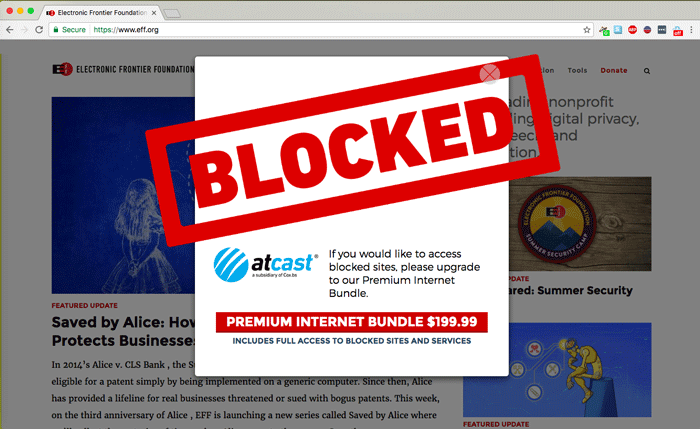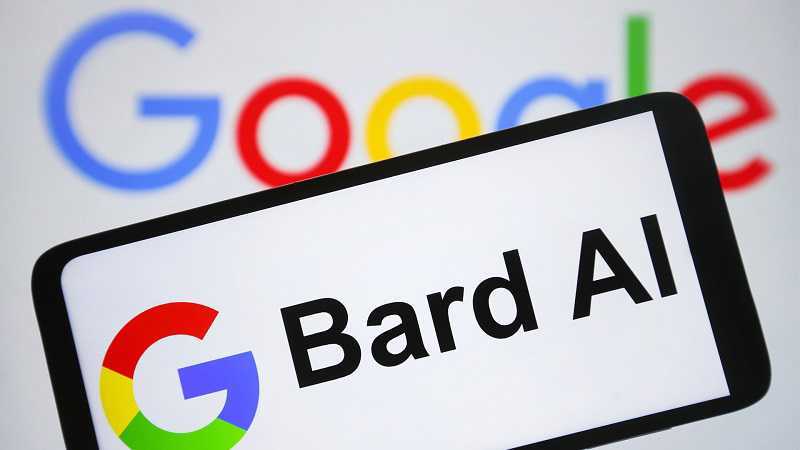After months of delays, the FCC’s repeal of net neutrality finally took effect yesterday. But if you’re expecting broadband providers to suddenly feast on their customers and institute every now-legal impediment they can on free expression, I’m afraid you’ll be disappointed. What comes next isn’t internet hell but legal purgatory.
First, the technical aspect of things: Restoring Internet Freedom, the FCC rule that officially does away with 2015’s Open Internet Order, was proposed last April, finalized in November, passed in December, entered into the Federal Register in February, approved by the Office of Management and Budget in May — and yesterday, finally took effect. Chairman Ajit Pai put a cap on it with an opinion piece retreading the same tired arguments from the last two years.
But the official rulemaking process is only part of the story. It’s worth noting that basically from the moment Pai took over, the 2015 rules he opposed so strenuously were plainly not going to be enforced. Although the exact shape of the rules to come was not clear at that time, Pai’s stated deregulatory, pro-industry agenda (for some these are dirty words, for others a proud cause) assured broadband providers that they were safe from the previous rules.
And as that process has continued, it and the FCC have opened themselves up to lawsuits and legal challenges. Some allege improper conduct in the public comment portion of rulemaking; some allege the rule itself is technically incorrect; some tilt quixotically at undoing the rule in order to undermine its support in advance of the midterm elections.
Not only that, but many states have begun the process of establishing their own net neutrality rules, some even stronger than the 2015 ones being taken out of play. These will lead to numerous local conflicts, as the FCC claims its authority preempts that of states, while states claim the FCC has abdicated that authority by changing the statute under which it enforces the rules. (This is largely untested legal ground.)
Altogether this makes for an incredibly fraught situation for broadband providers. They are perhaps under the closest scrutiny ever; their past misdeeds haunt them even as they make pious promises of dedication to a free and open internet.
While no doubt they will attempt to get away with a few raids on the customer cookie jar via relatively innocuous (but frog-in-pot dangerous) practices like zero rating, serious larceny is almost certainly not on their minds, at least for the next couple of years.
Following the highly visible and unpopular passage of a rule that unshackles them from serious regulatory oversight, any dramatic changes to their offerings or business deals will be seen as a breach of their newly acquired principles.
Not only that, but the kinder, softer federal rules may not be the ones they have to worry about. When states pass their own laws, it’s likely (or at least possible) that they will stay in effect during the inevitable legal challenge. It’s no good to try something shady but now legal under federal rules if by doing so you find yourself in violation of 20 individual state laws.
Something you can expect is a bit of PR from the FCC and broadband companies soon talking about how the new rules took effect and nothing bad happened. Sure — but they probably won’t mention the bad stuff that happened long before: the retraction of the broadband privacy rule, the relegation of abuses by broadband providers to the slow-to-act FTC, the endless favors given to telecoms and media companies like Sinclair, the total withdrawal of oversight in practices like zero rating that could easily morph into something worse, the mystifying reticence to address serious issues surrounding the rulemaking.
As has been true for the last year or so, the best thing consumers can do is be vigilant and voice their opinions. Ordinary users are the first to be affected by new policies and it may be something as simple as a new line item on your broadband bill that catches providers red-handed trying to slip something under the radar.
And as the year wears on, net neutrality will likely emerge as a political issue; it’s divided along partisan lines despite being a clearly nonpartisan issue, but smart lawmakers see the writing on the wall and are cautiously aligning themselves with what they see is likely to ultimately be the winning side. The midterm elections will be a thriller no matter what, but net neutrality is just one more issue to throw on the table when deciding between people or parties.
In short, the day many feared has arrived, but in fact there’s nothing to fear from it. For now it’s a rubber stamp that will have little if any practical effect, since most companies will have been operating as if the new rules were in effect for some time now, and even so have opted not to invite disaster with consumer-hostile practices.
This is a battle that has been playing out for decades, and it isn’t going to end like this — the fight will continue for years and in retrospect it will be clear that this was just another chapter in the story. Just remember not to stop paying attention — in the end, that’s the way they’ll get you.




